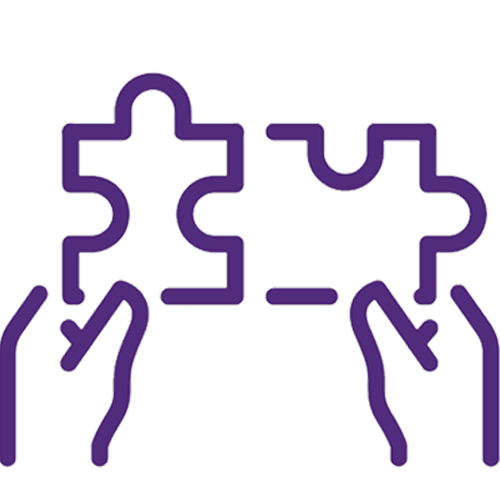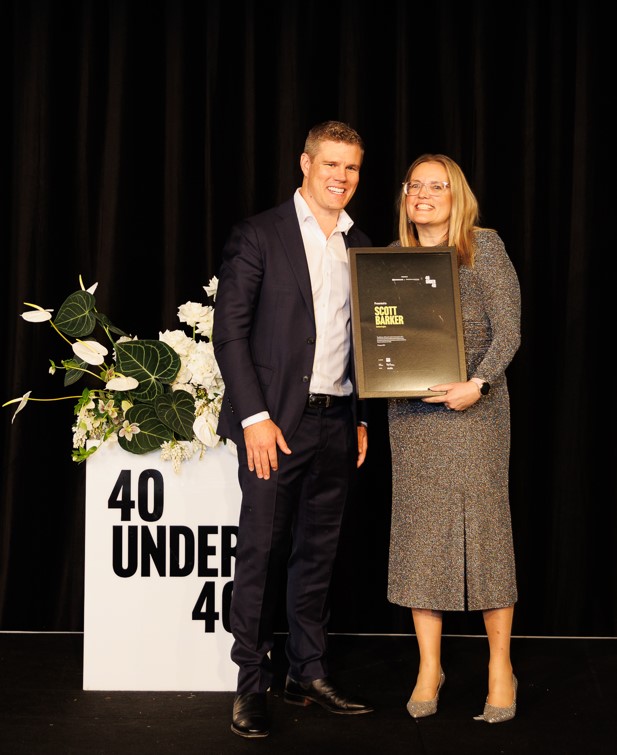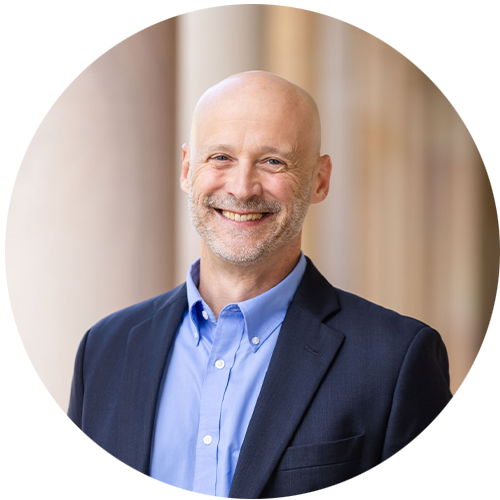Lessons for a lifetime:
Why the MD of a $21m emissions reduction
company still uses the learnings from his
first job in landscaping
Scott Barker’s career progression is nothing short of impressive – from his first job as a summer labourer to becoming the Co-Founder and Managing Director of Carbon Logica, one of the leading providers in reducing greenhouse gas emissions within Australia’s resource sector.
While completing his UQ Master of Business Administration (MBA), Scott developed and built Carbon Logica from the ground up alongside co-founder Mark Jonker.
“When I first started the MBA in 2022, I ran development operations for a coal mine in Central Queensland,” Scott said.
“Now, with the support of fellow shareholders we have built a business worth roughly $21 million that will continue to expand and make a significant difference to Queensland’s emissions ledger and supports better sustainability in the coal industry by providing innovative solutions.”
The company recently commissioned its first project in Central Queensland, where Scott plays an active role in helping his team overcome operational and technical challenges.

“What drives me most is the camaraderie and teamwork within the industry – working alongside dedicated teams to solve complex problems.
“That sense of connection and shared purpose remains strong as we continue innovating to reduce the environmental footprint of mining while ensuring its sustainability.”
Surprising to some, the skills Scott utilises in his current role aren’t entirely new. Many of them stem from the lessons he learned at only 16 years old during his first job as a labourer for a landscape gardener.
What started as a way to earn money for his studies became a formative work experience, shaping Barker’s leadership and management style.
Under the mentorship of a small business owner and landscape gardener, Scott engaged in hands-on work like laying turf, carrying timber and shovelling dirt.
“My early work as a labourer still influences how I approach my current role and lead others in my business,” Scott said.
“It provided a foundation for my approach to leadership, team building and business challenges.”
Scott shared 5 key lessons from his first job that continue to shape his current role.
Scott’s top 5 lessons from his first job
 1. Discretionary effort goes a long way
1. Discretionary effort goes a long way
One lesson that stuck with me was about discretionary effort – the extra effort that people can choose to put in when it’s not necessarily expected or required.
As a young “wannabe” engineer, I was told to make it, you’ll need to be the best version of yourself when the level of expected effort is optional.
This might’ve been a ploy for my boss to have me to shovel dirt quicker or carry more timber sleepers, but either way, it has stayed with me. By earning the crew’s respect and always volunteering for manual jobs as a graduate engineer, I’ve passed along this insight on to my teams of miners a decade later.
Today, I’m focused on building a team of go-getters to continue addressing problems in the coal sector.
 2. Be adaptable to the task at hand
2. Be adaptable to the task at hand
Adaptability was crucial in landscaping, so I learned to quickly switch between tasks as needed. One moment, you’re digging a trench or operating equipment; the next, you’re sitting down with the homeowner to plan a garden layout.
In my current role, every day brings new challenges. Whether it’s navigating the technical aspects of emission abatement or managing our business strategy, being adaptable keeps us ahead of the curve.
 3. Lead from the front
3. Lead from the front
As a labourer, I watched how the landscaper led by example. He wouldn’t ask anyone to do a job he wasn’t willing to do himself.
This approach influenced my leadership philosophy. In my career, I’ve made it a point to lead by example, whether I’m working in an underground coal mine, embracing new technologies, or putting in extra hours. Leading from the front earns the respect and commitment of those around you.
 4.Work hard and persist
4.Work hard and persist
There was no shortcut to getting a job done in the garden. It was all about putting in the hours and hard work. The physicality of the job instilled in me the importance of persistence.

the Queensland's 40 under 40
Awards
Throughout my entrepreneurial journey with Carbon Logica, I’ve found that persistence is vital for securing funding, forging partnerships and innovating emissions management solutions.
 5.Building relationships is key
5.Building relationships is key
One of the most underrated aspects of my first job was the team building that occurred. As we worked together on jobs, we built trust through open communication with both co-workers and clients. That taught me that success in any career isn’t just about technical skills, but also about forming strong relationships and trust.
Being able to build trust and working with diverse teams and stakeholders is central to success across industries and sectors.
In 2024, Scott was named a finalist for Queensland’s 40 under 40 Awards and the winner of the MBA Australasian Innovation Award; a testament to all that he is achieving with Carbon Logica, born from humble beginnings as a junior landscaper
Why are the lessons learned in first jobs so valuable?

According to management and leadership expert Dr Richard O’Quinn, first jobs often offer us our first lessons in organisational and leadership practices.
“Through our work, we get to experience first-hand what good and bad practices look and feel like,” Dr O’Quinn said.
“Over time, through our engagement with the activities, tools and materials, and other people involved in our work, we build new understandings and develop new competencies that inform and shape our own practices.
“Working in small business can give us close access to even the most senior leaders in an organisation, while working in larger organisations can allow us to experience a wide range of capabilities and personalities.
“Whatever our experiences are, the lessons we learn from them can always be useful in our future work,” says Dr O’Quinn.
Elevate your career and networks with a UQ Master of Business Administration (MBA)
 Dr Richard O'Quinn
Dr Richard O'Quinn
Dr Richard O'Quinn teaches courses on leadership, strategic decision-making, and strategic human resource management in the graduate, MBA, Executive Education, and online education programs at The Business School, University of Queensland. Richard's research interests include leadership, strategic decision-making, and organization studies using practice and process perspectives.

